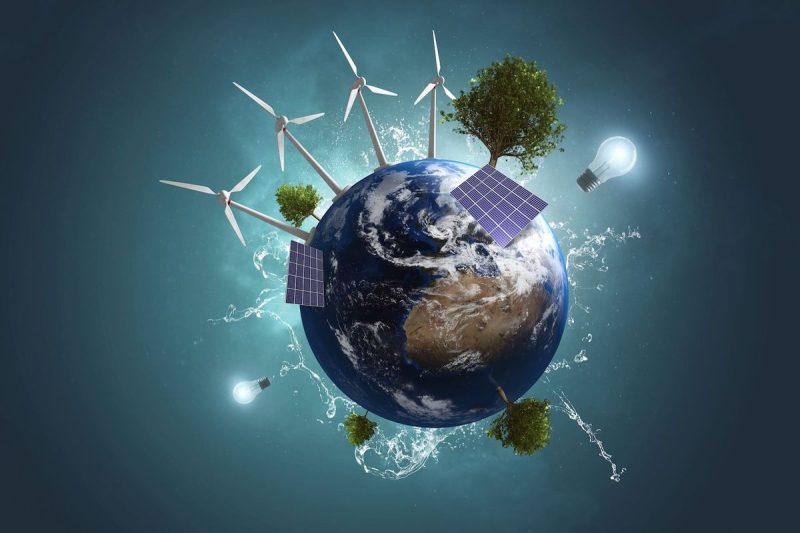The recent announcement by the Biden administration to allocate $428 million towards clean energy initiatives in former coal-producing regions marks a significant step towards fostering sustainable development and transitioning to a greener economy. This funding signifies a proactive approach to address not only environmental concerns but also economic revitalization in historically coal-dependent communities, showcasing the administration’s commitment to fostering a just transition.
The decision to invest in clean energy infrastructure in these regions holds immense potential for job creation and economic growth. By supporting the development of renewable energy sources such as wind, solar, and hydropower, the government aims to provide new employment opportunities for local residents who may have previously relied on the coal industry for their livelihoods. This transition not only supports the broader goal of reducing greenhouse gas emissions but also ensures a more resilient and diversified economy for these communities.
Moreover, the allocation of funding for clean energy projects in former coal regions underscores the administration’s recognition of the importance of addressing the legacy of environmental degradation left by traditional coal mining practices. By investing in technologies that promote sustainability and reduce harmful emissions, the government is signaling a commitment to safeguarding the health and well-being of residents in these areas while mitigating the impacts of climate change.
The move towards clean energy initiatives in ex-coal regions is also reflective of a broader shift towards a more sustainable and renewable energy future. As countries worldwide grapple with the urgent need to reduce carbon emissions and transition to cleaner energy sources, investments in projects that promote sustainability and environmental stewardship are critical for achieving long-term climate goals.
In conclusion, the decision by the Biden administration to pledge $428 million for clean energy development in former coal regions represents a pivotal moment in the transition towards a sustainable and low-carbon economy. By prioritizing investments in clean energy infrastructure, the government is not only driving economic growth and job creation but also demonstrating a commitment to environmental responsibility and climate action. This funding marks a positive step towards building more resilient communities and ensuring a sustainable future for generations to come.
